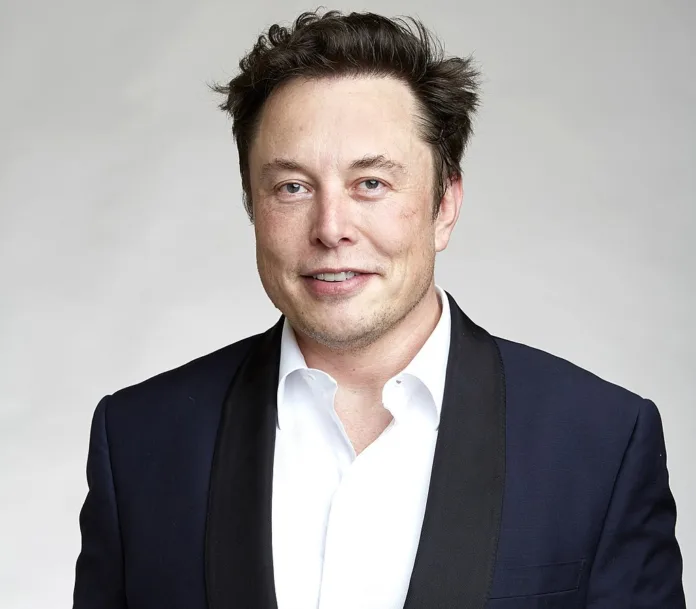Tesla CEO Elon Musk raises alarm over Windows 11’s AI-powered recall feature, citing privacy concerns
In a bold move against intrusive technology, Elon Musk, CEO of Tesla, has taken to social media to criticize Microsoft’s upcoming Recall feature in Windows 11. Recall, an AI-powered functionality, is designed to capture screenshots of users’ PC activity, allowing them to scroll back in time and search for specific content. While Microsoft touts Recall as a productivity-enhancing tool, Musk has likened it to a plotline from the dystopian series “Black Mirror,” expressing concerns about its potential privacy implications and surveillance-like capabilities.
The Recall feature, set to debut on Copilot+ PCs running Windows 11, is equipped with artificial intelligence, courtesy of Microsoft’s partnership with OpenAI. This AI analyzes text and images within captured screenshots, enabling users to search for phrases, people, animals, and landmarks without needing specific document or webpage names. While Recall aims to streamline user productivity by providing a photographic memory of past PC interactions, its intrusive nature has sparked controversy and drawn scrutiny from privacy campaigners and regulatory authorities.
Embed from Getty ImagesDespite Microsoft’s assurances that Recall respects user privacy by storing snapshots locally on the device and offering user controls to delete or filter content, concerns persist regarding potential surveillance and data security risks. The Information Commissioner’s Office (ICO) in the UK has initiated an investigation to understand the safeguards in place to protect user privacy, emphasizing the importance of rigorously assessing and mitigating risks before introducing new products to market.
Elon Musk’s vocal criticism of Recall underscores the broader debate surrounding technological innovation and individual privacy rights. As society grapples with the implications of AI-driven features like Recall, stakeholders must prioritize transparency, accountability, and user autonomy to navigate the delicate balance between innovation and privacy protection.
Analysis:
Political Impact:
The political implications of Elon Musk’s critique of Recall lie in the intersection of technology regulation and individual rights. Musk’s advocacy for disabling intrusive features like Recall may influence policymakers to scrutinize tech companies’ data collection practices and enact stricter regulations to safeguard user privacy.
Social Reflection:
Musk’s condemnation of Recall reflects growing societal concerns about the encroachment of technology into private spheres. As individuals increasingly rely on digital platforms for work and communication, the need to protect personal data from surveillance and exploitation becomes paramount, highlighting broader debates about online privacy and surveillance capitalism.
Psychological Aspect:
The psychological impact of Recall’s introduction may manifest in heightened concerns about digital surveillance and loss of privacy. Users may experience feelings of unease or distrust knowing that their PC activity is being monitored and analyzed, leading to changes in online behaviour and attitudes towards technology companies.
Sociological Angle:
From a sociological perspective, Recall epitomizes the tensions between technological innovation and individual autonomy. The introduction of AI-powered features like Recall blurs the line between convenience and surveillance, raising questions about the ethical implications of data collection and the commodification of personal information in the digital age.
Fashion Culture:
While not directly related to fashion trends, the controversy surrounding Recall reflects broader cultural shifts towards privacy-conscious consumer behaviour. As individuals become more aware of data privacy issues, there may be a growing demand for products and services that prioritize user privacy and data security, influencing trends in the tech industry and beyond.
